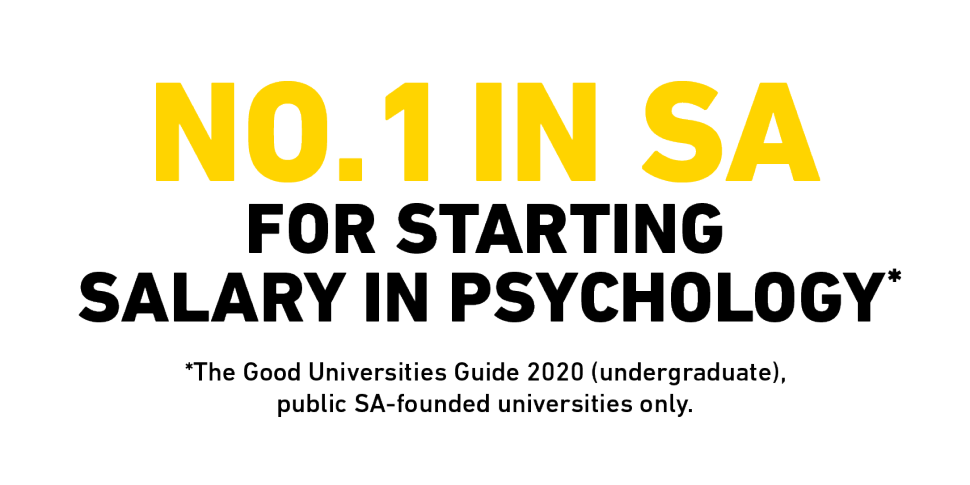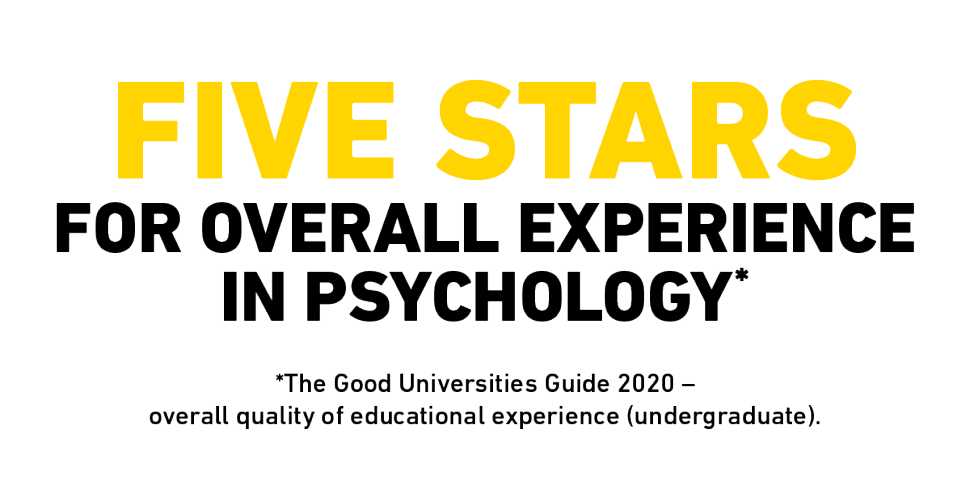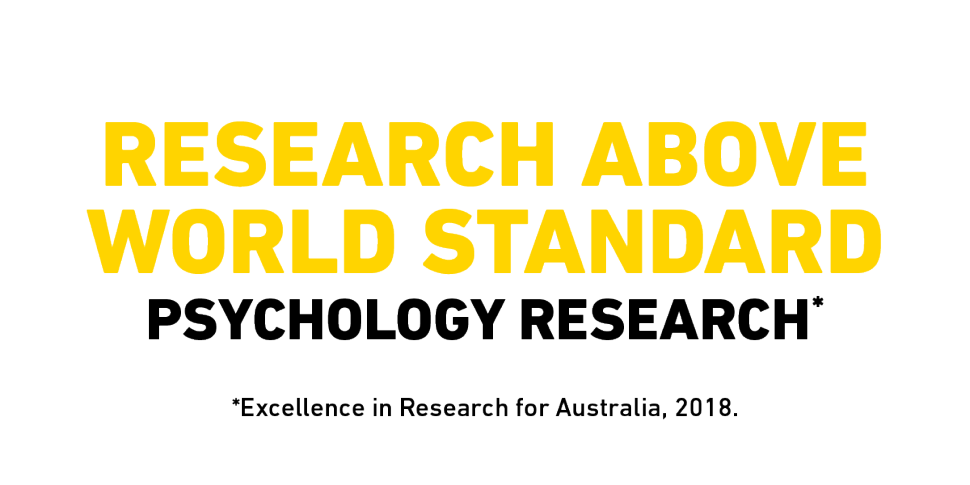APPEAL & CARE FRAMEWORK

Preparing to return to life beyond COVID-19
We all have been exercising health restrictions in response to the COVID-19 pandemic, ranging from self-isolation to being in quarantine or continuing to provide essential services while exercising health protocols.
There have been challenges to our mental health and wellbeing during this period. As restrictions start to lift, it’s time to start turning our attention to the challenges we must face in this post-isolation world.
APPEAL & CARE FRAMEWORK
The world has changed and there will be a new “normal.” Social distancing will likely need to be maintained indefinitely, which will impact on the ways we continue to socialise, shop, conduct education, exercise, entertain ourselves and so on.
Many people will be experiencing adjustments in their lives, particularly their work life, with many jobs either no longer there or changes to workplace practices.
With most of us experiencing such personal, family, social and work upheavals, we need to consider ways to tackle the inevitable mental health and wellbeing implications so as to emerge from this pandemic ready to flourish.
Our attitudes and coping strategies in response to the new world will determine how successfully we will adjust. Negative adjustment will stifle creative solutions to the challenges ahead. However, if we emerge as strong and resilient individuals, we will be able to help support our communities and rejuvenate our economy to facilitate growth, development, confidence and recovery.
So, what are some of the things we need to do to launch us successfully from this post-COVID period? The acronyms below summarise a few inter-related suggestions:
APPEAL & CARE: APPEAL to your best self and take good CARE of yourself
Accept that we all live in a time of significant change – don’t fight it, don’t deny it, just accept that the rapid and considerable change associated with COVID-19 comes with multiple taxing emotions, difficult personal situations and seemingly complex challenges. While acceptance is the first step in moving forward, it needs to coincide with greater understanding, compassion, kindness and caring. While many of us will blame ourselves or others for the dilemmas that we face (e.g., being out of work or having an uncertain financial future), an important stride in being able to move forward is to show compassion towards ourselves and towards others. Without acceptance and compassion, we will just be stuck in a continuous blame game. Compassion gives us the chance to consider the many new opportunities out there in this post-COVID world without bias and blame. This could be our time to rethink a few things or find new creative directions. At a personal level, having found that understanding and compassion, what is next?
Prioritise – ask yourself what your priorities are and how you can best place yourself in the post-COVID world. What are the outcomes you most want to achieve? You might want to return to what you were doing before because that fulfilled you, or you could see this as an opportunity to change direction because you were generally unfulfilled. You might need to find a new career, or you might have to adapt when going back to your old place of employment with a new attitude. You might need to better understand your strengths and gaps in what you need to move forward. You might want to reassess your work-life balance and spend more quality time with friends and family, or discover aspects of yourself that you never really explored before. Perhaps it’s time for you to take up hobbies that you’ve had an interest in but never pursed, or maybe it’s time to retrain or get the education that you never really gave yourself the chance to progress? If you feel uncertain about deciding on your priorities, this is the best time to consider your options and rank them by preferred outcomes. You can always change your mind about how to prioritise these things. Movement in any direction means you are in a different place to where you were in the beginning and you have likely learnt something along the way about yourself or about the works.
Plan – having developed a set of priorities, you then need to develop a plan that focuses on each of them. Pick a range of goals that reflect your personal priorities, some that are doable and some that stretch you or are just outside your comfort zone. Starting with a goal or outcome that is feasible, divide each into smaller doable parts. For instance, if you want to pursue a new job or have a passion for a business venture, ask yourself whether you have the necessary tools or resources to pursue your goal. Are there any qualifications that would help you achieve your goal? Which universities or training institutes offer courses in your area of interest? Are there any groups that support people like you? Are there people you can reach out to for advice? Who are your existing support networks and how can you utilise these to create new connections? If you have particular fears, you can confront anxiety-provoking or distressing situations or triggers in a graded manner, either directly or through imagination. Anxiety-provoking situations or triggers can be graded from least to most distressing in a series of increasingly more difficult or distressing steps leading to a specific goal. You can confront each step in a planned manner, one-at-a-time and repeatedly, until distress levels decrease to the point where you can deal with the situation. The trick is to work out the steps that you need to reach your goal and start planning out how you can achieve each step.
Emotions - what emotions can you muster to help motivate you in executing your plan and which emotions are obstacles? Fear, anger and pessimism are all understandable but can be obstacles. Excitement, resolve and confidence might seem hard to come by but can help you in your mission. Has any fear, anger or pessimism turned to anxiety and depression? Maybe you need to deal with the anxiety and depression first before you can move on? If so, do you know where you can reach out to for help? Becoming motivated, especially when it comes to taking that first step, may seem very challenging. Often, low motivation is associated with high expectations, low optimism and a low sense of control and self-agency. This is where self-acceptance and compassion come into play. You need to find a way to accept who you are, accept that your situation is not ideal, but also that nothing will change unless you change something, even if it’s the smallest thing possible. Imagine yourself throwing a small seed into a garden and a tree growing from that small seed – anything you do to change your life will give the potential for an everlasting impact - that sense of optimism and self-agency will lead to emotions that motivate you.
Alternative thinking can get you from fear to excitement, from pessimism to optimism, from giving up to being motivated and focussed. Remind yourself of the importance of self-acceptance and compassion. Remind yourself of your strengths. Remind yourself that there is kindness, nurturance and acceptance in the world around you. Look out for the kindness that others demonstrate. If you don’t look for it, you’ll miss it and you’ll never know that the world can be a safe and exciting place. Remind yourself that challenges are there for the taking. Remind yourself that the difference between the anxiety and excitement you feel in your body is merely in how you interpret the situation. Even when the anxiety is real, remind yourself that successful people fail multiple times and that success comes from thinking that failure is the first step in finessing your plans. Remind yourself that you’re not a “success” machine but that you’re a human on a mission to experience all that life has to offer in no particular order. Bad times might be followed by good times. Good times are often as challenging as bad times. What you now consider to be “bad times” you might consider in the future to have been “good times.” Thinking differently and sharing your thinking with others is a great way to move away from negative emotions towards more accepting, objective, creative and motivating responses.
Learn from your previous mistakes, from experts and from those you admire. With better regulated emotions and more helpful thinking, it’s time to use information to help you plan your way forward. What have you learnt from the past? Have your predictions always turned out correct? Would it be more useful to stop making predictions and just see what happens when you put a well-considered plan into place? What can you learn from experts around you or from those you most admire? Perhaps you could seek out the help of a professional psychologist if you’re feeling overwhelmed by your emotions? On the other hand, if it’s new information you need, perhaps you could undertake a course to educate and inform yourself about your new area of interest? Alternatively, if there is someone you admire who has been through difficult times and thrived, maybe they have some useful advice? Even experts acknowledge the power of a life characterised by ongoing learning.
and
Commit to your plan with courage and confidence. Having overcome your emotional obstacles, motivated yourself with positive affirmations and considered all relevant information in developing your plan, it’s now time to commit to your plan with courage and confidence. Talk yourself up and tell yourself that this is a place and a time of opportunity that can support your future plans.
Action – start to take action in a graded and planned manner. It’s important to lead a life that is consistent with your commitments. If you’ve committed to a plan, then your actions need to reflect this . Having worked out the steps that you need to reach your goals, commit to each step. Taking action can be made easier by placing reminders in your environment, timetabling actions, or even asking a friend to support or start off with you.
Reward your successes. If you want to maintain new behaviours, it’s important to reward those behaviours. For example, you might reward yourself with a Netflix movie or a takeaway coffee after cleaning out a cupboard or writing a job application. However, you will also need to keep an eye out for negative thoughts that put down your achievements. Thoughts such as “I didn’t do much today” and “I’m hopeless” can be replaced with thoughts like “Everything I do counts in the long run” or “This will get easier over time.” Perfectionistic expectations will often make it difficult to reward yourself. Perfectionistic individuals need to learn to reward initiative rather than just success per se.
Evolve – keep evolving. As we work our way towards our goals, we change as people and our plans might change too. As confidence builds, our aspirations might grow. Alternatively, as we meet our first major difficulties, our confidence might be affected. In either situation, acceptance and compassion will help us adapt in helpful and creative ways to keep moving forward. Don’t forget that, over time, the world will change, as will our sense of the new normal. Our expectations will change, how we see others and how others will see us will also change. Remember that change is the normal state of affairs – our ability to adapt to changing circumstances is what has helped us survive as a species. The post-COVID world will be no exception.
By Professor Mike Kyrios, Acting Director, Órama Institute for Mental Health, Wellbeing and Neuroscience, at Flinders University.



![]()
Sturt Rd, Bedford Park
South Australia 5042
South Australia | Northern Territory
Global | Online


